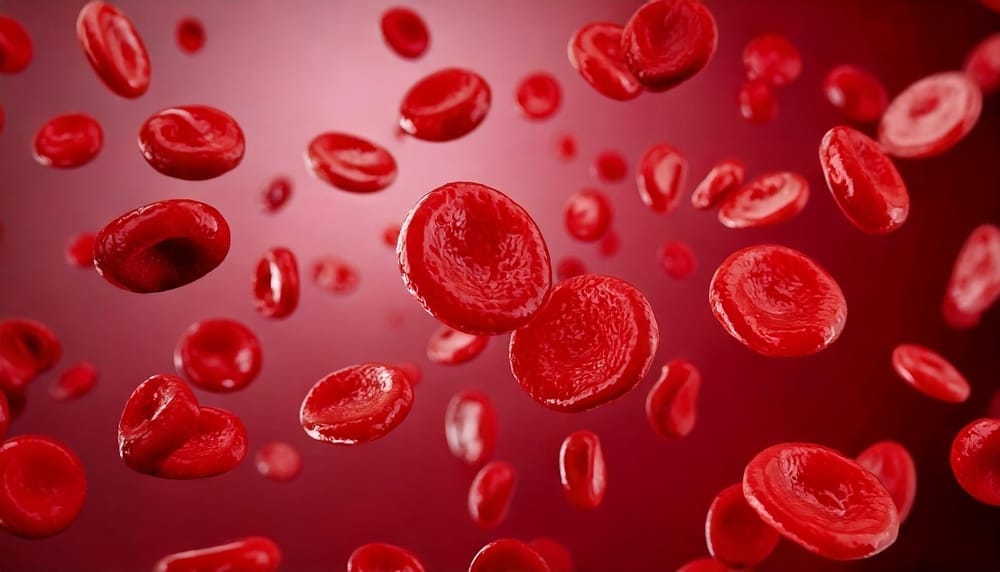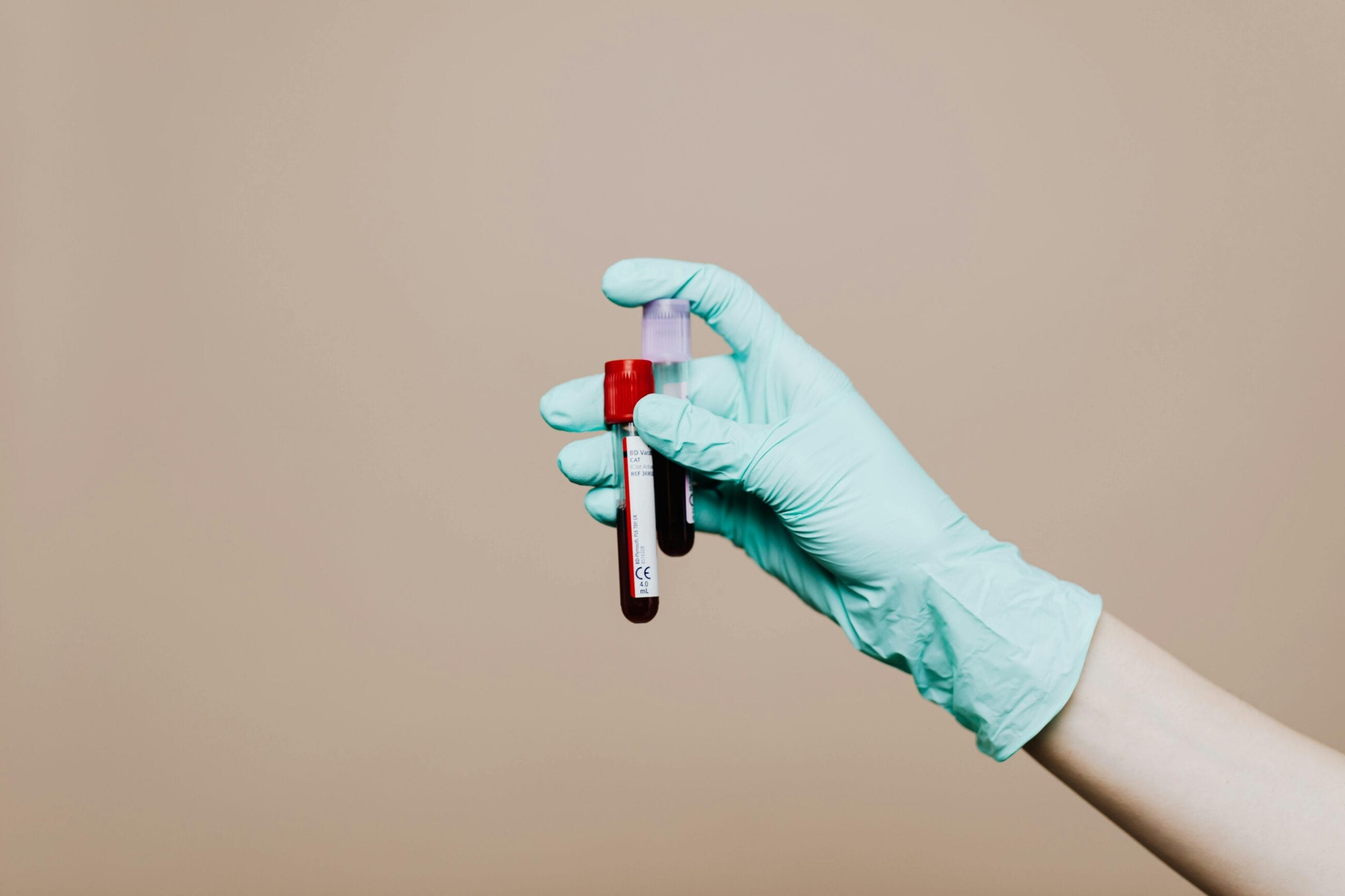Today we will be discussing a topic that often comes up during consultations with expecting couples and those planning to conceive blood group compatibility. While it may seem like a small detail, understanding your blood group and its compatibility with your partner’s can play a significant role in a healthy pregnancy.
It also has implications for situations like blood transfusion, where matching blood types between donor and recipient is crucial, as well as understanding how plasma compatibility works for different blood types.
By the end of this post, you’ll learn the basics of blood groups, how compatibility can affect pregnancy, and the importance of proactive health management. Whether you’re an expecting parent, a medical professional, or simply curious about this topic, read on to learn more.
An Introduction to Blood Groups
To understand how blood groups impact pregnancy, we first need to cover the basics.

What Are Blood Groups?
Blood groups are classifications of blood based on the presence or absence of certain molecules, called antigens, on the surface of red blood cells. These antigens—along with the antibody proteins in your plasma—determine your blood type. Blood is divided into four main groups in the ABO Blood Group System:
- Type A: Contains the A antigen and B antibodies.
- Type B: Contains the B antigen and A antibodies.
- Type AB (sometimes called type AB blood): Contains both A and B antigens but no A or B antibodies.
- Type O (sometimes called “universal donor”): Contains no antigens but has both A and B antibodies.
The Rh Factor (Positive and Negative)
Another key classification is the Rh factor, which determines whether your blood type is positive (Rh-positive) or negative (Rh-negative). For example, someone with A+ blood has the A antigen and is Rh-positive. Rh factor compatibility is particularly important during pregnancy, as we’ll explore later.
Blood Type Prevalence in Singapore
Here in Singapore, the most common blood type is O+, followed by A+, B+, and AB+, with Rh-negative blood being much rarer. Knowing your blood type and its compatibility with your partner’s can help anticipate and manage potential challenges during pregnancy.
Compatibility and Health Implications
Blood group compatibility has far-reaching implications for health, particularly for expecting parents.

Blood Group Compatibility Basics
Blood group compatibility refers to how your blood type interacts with another person’s blood. This concept is critical when it comes to red cell transfusions, organ transplants, and pregnancy. Compatibility ensures the mother’s body doesn’t mistakenly attack the developing baby’s red blood cells. In some cases, antibodies can cause a reaction that affects the fetus or recipient, leading to complications.
Why Blood Group Compatibility Matters?
During pregnancy, the mother’s blood and the baby’s blood may come into contact. If there’s incompatibility, especially in terms of the Rh factor, it could trigger a serious immune response.
For example, an Rh-negative mother carrying an Rh-positive baby could develop antibodies against the Rh-positive red blood cells—a condition known as Rh sensitization. This mismatch could complicate current and future pregnancies. Blood group issues are sometimes linked to conditions like sickle cell disease, which is considered rare but poses significant health challenges.
Risks of Rh-Incompatibility in Pregnancy
The most concerning risk is Hemolytic Disease of the Newborn (HDN). HDN occurs when the antibodies produced by the Rh-negative mother destroy the baby’s red blood cells, potentially leading to severe anemia, jaundice, and other complications.
Fortunately, early detection through blood group testing can prevent most cases. A simple injection of Rh immunoglobulin (RhIg) during pregnancy can stop sensitization from occurring. For transfusions, universal donor blood types like O negative are given to anyone to avoid a reaction.
ABO Compatibility and Pregnancy
While less common than Rh issues, ABO blood group incompatibility can also arise if the mother has type O blood (with anti-A or anti-B antibodies) and the baby inherits type A, B, or AB blood from the father. This can lead to mild cases of anemia or jaundice in newborns but is generally less severe and easier to manage than Rh-incompatibility.
How Blood Group Impacts Pregnancy?
Understanding how blood group compatibility works can empower couples to take proactive steps.

Steps to Manage Compatibility Issues
Step 1: Pre-Pregnancy Testing
Both partners should undergo blood group testing to identify any potential compatibility issues. Blood types must be checked to ensure there are no risks for mismatches.
Step 2: Regular Monitoring
Expecting mothers identified to have compatibility concerns or Rh-negative blood should have their pregnancies closely monitored. Issues with the right blood match may occur, requiring close attention.
Step 3: Medical Treatment
Rh-negative mothers may require RhIg injections during pregnancy and soon after delivery to prevent sensitization, ensuring they do not produce antibodies that could harm positive red cells in the baby.
Step 4: Postnatal Testing
Test the baby’s blood group after birth to address any potential complications promptly. If needed, the baby may receive red blood cells or blood and plasma to manage any health concerns.
Genetic Counselling
For couples planning a family, genetic counselling is a helpful step for understanding how their blood types could affect their future children. Expert counselling ensures potential issues are identified and addressed early.
Mediway Medical: Your Trusted Partner for Testing in Singapore
At Mediway Medical, we prioritize your health and well-being by providing reliable and safe testing services. Blood group testing is a simple and secure procedure available at most GP clinics and health centers, including ours. With just a quick blood draw, we can determine your blood group and Rh factor, offering you clear and accurate results.
For couples planning to start a family, we also offer comprehensive pre-pregnancy screening packages. These include genetic counseling and related services designed to support you every step of the way. At Mediway Medical, we are committed to delivering quality care you can trust.
Broader Considerations Beyond Pregnancy
While pregnancy is a major focus, it’s worth noting that blood group compatibility affects other areas of health too:
- Blood Donation: Individuals with type O blood are universal donors, while type AB individuals can receive from any blood type.
- Organ Transplants: Matching blood groups is crucial for successful transplants.
- Disease Susceptibility: Studies suggest certain blood groups might be linked to an increased risk for diseases like heart disease or even COVID-19.
Understanding these broader implications helps foster a proactive approach to health.
Proactive Steps for Expecting Parents
If you’re planning a pregnancy, here are some practical steps to ensure peace of mind:
- Schedule a blood group test for you and your partner.
- Consider speaking to a genetic counselor, available through clinics like Mediway Medical.
- Familiarize yourself with the signs of conditions like HDN to ensure early treatment if needed.
- Keep communication open with your doctor and partner—you’re all in this together.
Being prepared is the best way to cope with any challenges that may arise. Remember, knowledge is power.
Blood type compatibility: Which blood types are compatible with each other?
Understanding blood type compatibility is essential, especially in contexts like blood transfusions and pregnancy. Here’s a breakdown of compatible blood types:

- Type O-
Known as the universal donor, type O negative blood can be given to individuals of any blood type due to the absence of A, B, and Rh antigens. However, O- individuals can only receive O- blood.
- Type O+
O+ blood can be donated to all positive Rh blood types (A+, B+, AB+, and O+) but not to negative Rh types. O+ individuals can receive both O+ and O- blood.
- Type A-
Individuals with A- blood can donate to A- and A+, as well as AB- and AB+ individuals. For receiving, they are limited to A- and O- blood.
- Type A+
This blood type can be given to A+ and AB+ individuals. A+ recipients can accept A+, A-, O+, and O- blood.
- Type B-
B- donors can provide blood to B-, B+, AB-, and AB+ individuals. For transfusions, they must receive B- or O- blood.
- Type B+
B+ blood can be donated to B+ and AB+ individuals. B+ recipients can accept B+, B-, O+, and O- blood.
- Type AB-
AB- is a rare blood type that can donate to AB- and AB+ individuals, while receiving from AB-, A-, B-, and O- donors.
- Type AB+
Known as the universal recipient, AB+ individuals can receive blood from any type due to the presence of all major antigens. However, AB+ can only donate to other AB+ individuals.
By understanding these compatibilities, you can better prepare for situations requiring blood donation or transfusion, ensuring health and safety for all involved.
Start Your Journey With Confidence
Understanding blood group compatibility is not just for expecting mothers—it’s a vital step in empowering yourself with the knowledge to make informed decisions about your health and that of your family. Receive type RHD and ABO group testing to better understand how your type may impact your health.
If you’re in Singapore, I invite you to visit Mediway Medical for reliable blood group testing and consultation services. Our team is here to guide you every step of the way.
Book your appointment today, and take the first step toward a healthy, happy pregnancy!









